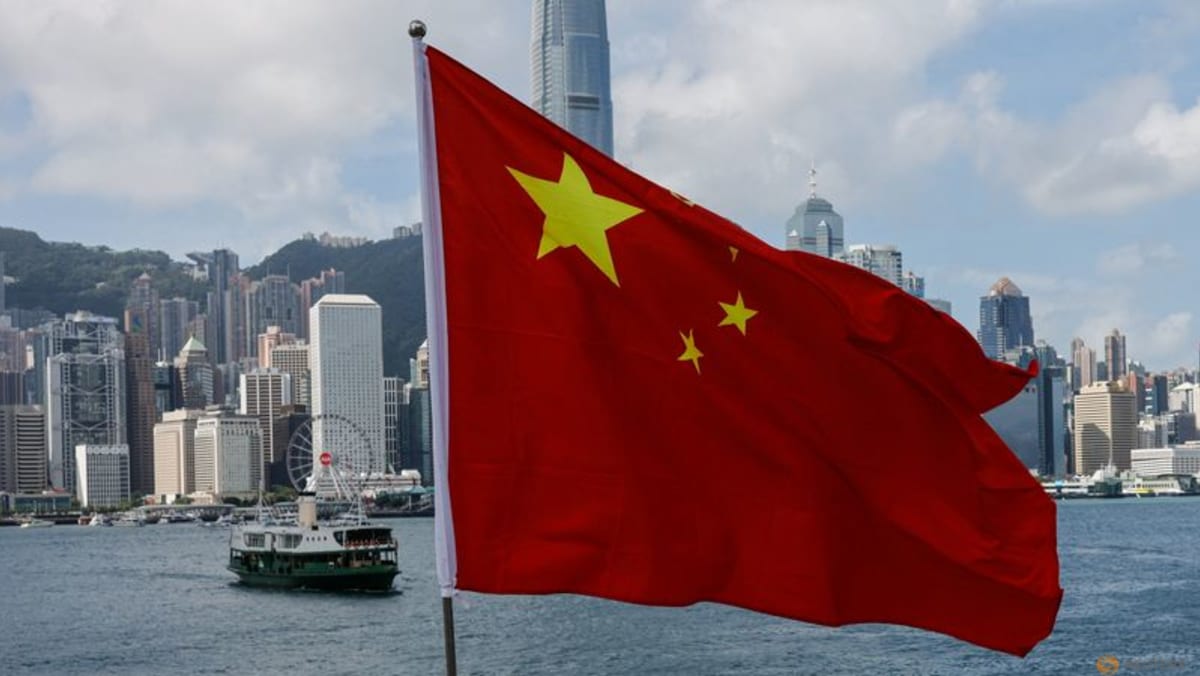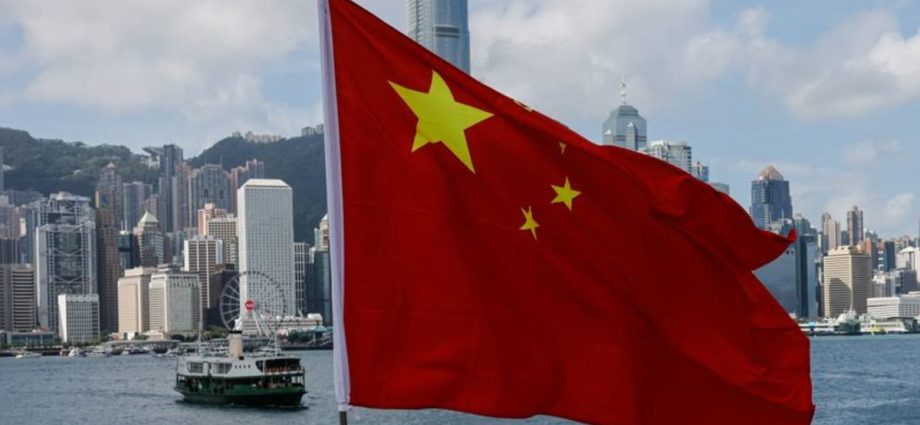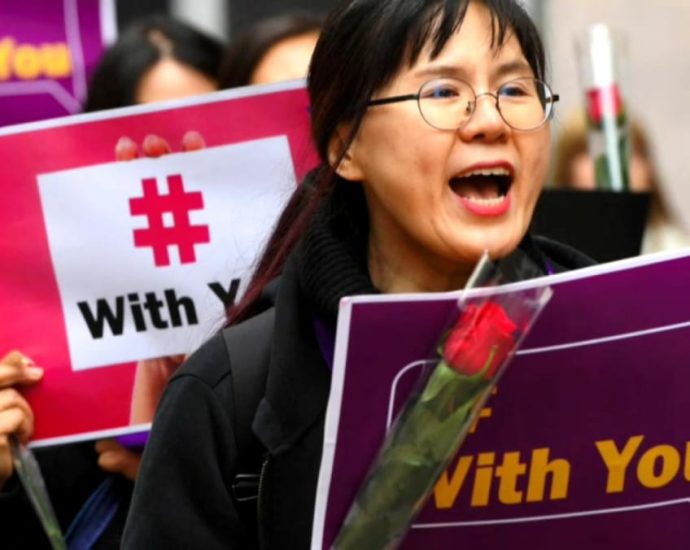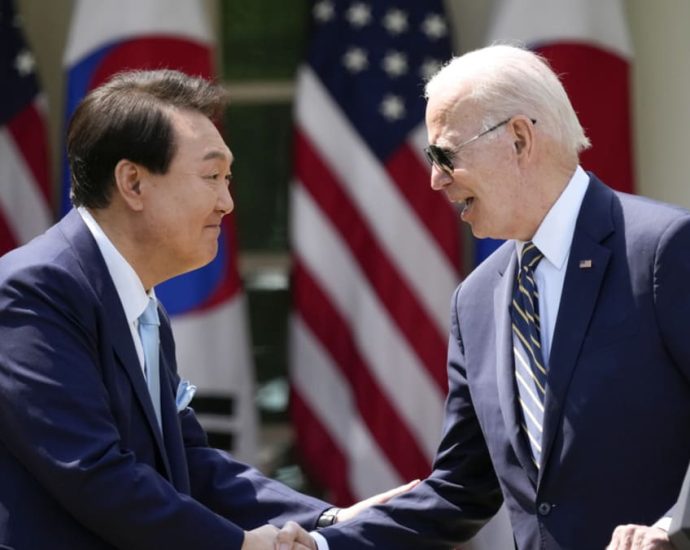Commentary: Understanding China’s foreign policy, beyond protocol and alcohol

NEW DELHI: There are phases in international relations when diplomacy between some countries is unfortunately reduced to protocol and alcohol. Such phases are never entirely intentional. No well-meaning government conducts diplomacy just for the sake of talking.
However, structural limitations appear like mighty boulders on the path to reach reasonable agreements. Countries in the Indo-Pacific are undergoing one such phase with respect to their negotiations with China.
Diplomacy, in its quintessential sense, is the adjustment of differences through dialogue. Diplomacy works when a general equilibrium prevails in the international order. Put loosely, compromise is imminently possible when political leaders across countries intuitively understand and accept their place in the pecking order.
However, when a revisionist power is disgruntled with the established order, expecting it to be a reasonable negotiator is unwise.
NEW PECKING ORDER IN ASIA
The regional order in Asia is undergoing constant churn. China’s proclaimed ambitions to dominate Asia have altered the strategic landscape. Under the successive leadership of Deng Xiaoping, Jiang Zemin and Hu Jintao, Beijing sold the narrative of its peaceful rise to the world.
China’s dizzying growth was in the West’s interests, so the story went. We owe a great deal to President Xi Jinping for reminding us that economics and politics are essentially intertwined. Prosperity begets power. Power protects prosperity.
The mandarins of Zhongnanhai calculate that China’s phenomenal economic, political and technological growth has significantly increased the potential benefits and decreased the potential costs to China for seeking a change in Asia’s strategic landscape.
Put simply, Beijing believes that the benefits of a new Sino-centric Asia outweigh the costs of disrupting the old Asian order. This must be considered before expecting anything substantial while negotiating with China.














